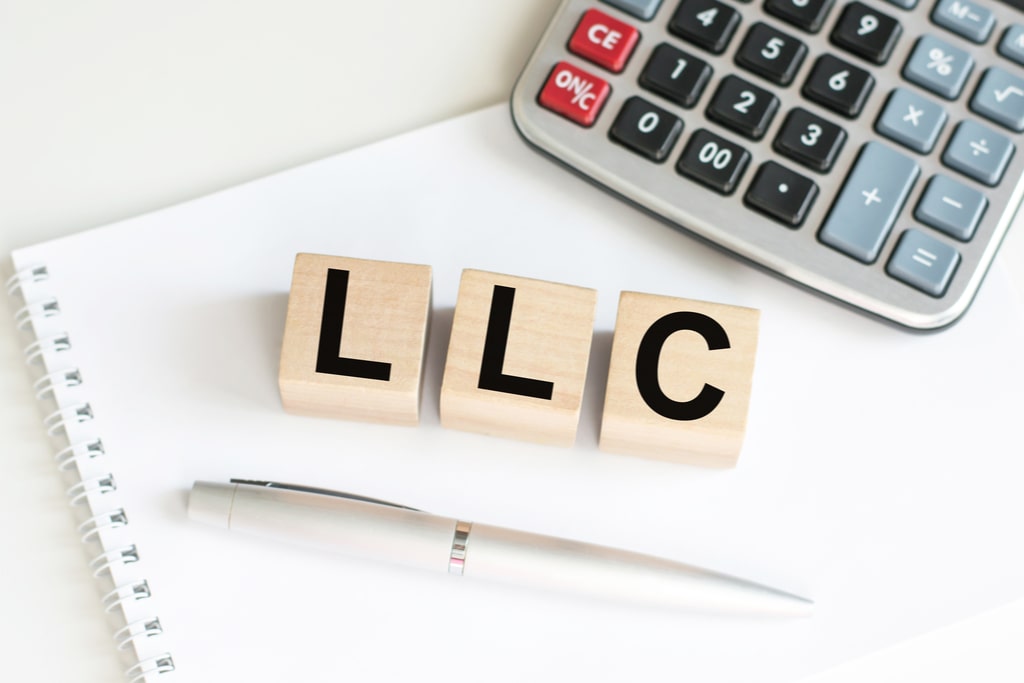The Benefits of Having an LLC: Unlocking Your Business Potential
When it comes to establishing a business, choosing the right legal structure is crucial. One popular option that many entrepreneurs consider is forming a Limited Liability Company (LLC). In this article, we will delve into the numerous benefits that having an LLC can offer to your business. By understanding these advantages, you can make an informed decision about whether an LLC is the right choice for your entrepreneurial journey.
Enhanced Personal Asset Protection
One of the primary benefits of having an LLC is the enhanced personal asset protection it provides. Unlike sole proprietorships or partnerships, where personal assets are at risk in case of business liabilities, an LLC separates personal and business assets. This means that in the unfortunate event of a lawsuit or debt, your assets, such as your home or savings, are generally protected from being used to satisfy business obligations.
Pass-Through Taxation
LLCs offer a flexible and advantageous tax structure known as pass-through taxation. This means that the LLC itself does not pay federal income taxes. Instead, the profits and losses “pass through” to the individual members, who report them on their tax returns. This avoids the double taxation that corporations often face, where both the company and its shareholders are taxed. Pass-through taxation can lead to significant tax savings and simplifies the overall tax process for LLC members.
Flexible Management Structure
Another advantage of forming an LLC is the flexibility it provides in terms of management structure. Unlike corporations, which have a more rigid hierarchy, LLCs allow for a more relaxed and adaptable management style. Members can choose to manage the company themselves, known as a member-managed LLC, or appoint managers to handle day-to-day operations, known as a manager-managed LLC. This flexibility enables LLCs to tailor their management structure to their specific needs and preferences.
Increased Credibility and Business Opportunities
Operating as an LLC can significantly enhance your business’s credibility and reputation. Having “LLC” in your company name showcases a level of professionalism and seriousness to potential clients, partners, and investors. It demonstrates that you have taken the necessary steps to establish a legal entity, which can instill trust and confidence in your brand. Additionally, some businesses and government contracts may require vendors to have an LLC, opening up new opportunities that may not be available to other business structures.
Flexible Profit Distribution
LLCs offer flexibility in distributing profits among members. Unlike corporations, where profits are distributed based on the number of shares owned, LLCs can distribute profits in a way that aligns with the members’ contributions or as agreed upon in the operating agreement. This allows for a fair and customizable profit-sharing structure, which can be particularly beneficial in multi-member LLCs where each member may have varying levels of involvement or investment.

Forming an LLC can offer a wide range of benefits for your business, including enhanced personal asset protection, pass-through taxation, flexible management structure, increased credibility, and customizable profit distribution. By understanding these advantages, you can make an informed decision about whether an LLC is the right choice for your business. Remember to consult with legal and tax professionals to ensure that an LLC aligns with your specific needs and goals. Unlock your business’s potential by harnessing the benefits of having an LLC!
Frequently Asked Questions
1. What is an LLC?
An LLC, or Limited Liability Company, is a legal business structure that provides limited liability protection to its owners while allowing flexibility in management and taxation.
2. What are the benefits of having an LLC?
Having an LLC offers several advantages, including:
Limited personal liability for business debts
Flexible management structure
Tax flexibility, allowing for pass-through taxation or electing to be taxed as a corporation
Separate legal entity, providing credibility and professionalism
3. How does an LLC protect my assets?
An LLC provides limited liability protection, meaning that the personal assets of the LLC’s owners (also known as members) are generally not at risk for the business debts or liabilities.
4. Can a single person form an LLC?
Yes, a single person can form an LLC. It is known as a single-member LLC, and it still provides limited liability protection and other benefits.
5. Is an LLC taxed like a corporation?
An LLC has the flexibility to choose its tax treatment. By default, it is taxed as a pass-through entity, where the profits and losses pass through to the members’ ts. However, an LLC can also elect to be taxed as a corporation if it is more advantageous for the business.
6. Can an LLC have multiple owners?
Yes, an LLC can have multiple owners, known as members. This allows for shared management and financial responsibilities.
7. Do I need an attorney to form an LLC?
While it is not required to have an attorney, it is highly recommended to consult with one during the formation process. An attorney can help ensure all legal requirements are met and provide guidance on drafting the necessary documents.
8. Are there ongoing compliance requirements for an LLC?
Yes, there are ongoing compliance requirements for an LLC, such as filing annual reports and maintaining proper records. These requirements may vary depending on the state where the LLC is formed.
9. Can an LLC be converted into a different business structure?
Yes, an LLC can be converted into a different business structure, such as a corporation or partnership, if needed. The process and requirements for conversion may vary by state.
10. Can an LLC be formed by non-US residents?
Yes, non-US residents can form an LLC in the United States, provided they meet the requirements and have a registered agent or representative within the state of formation.




